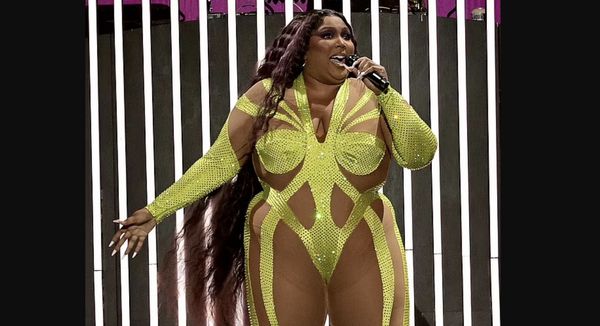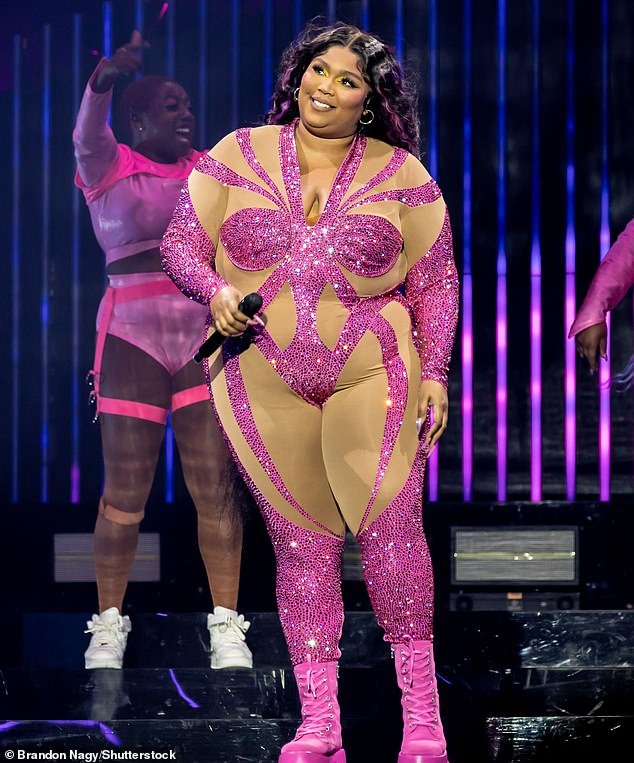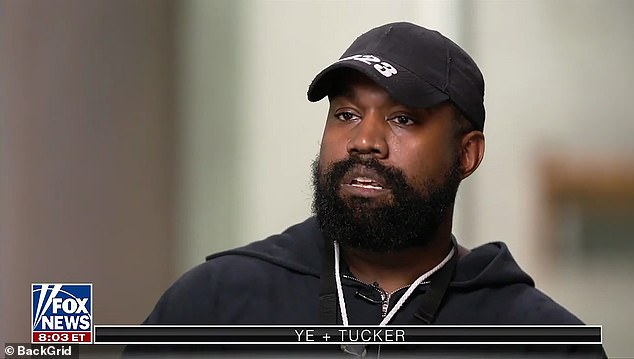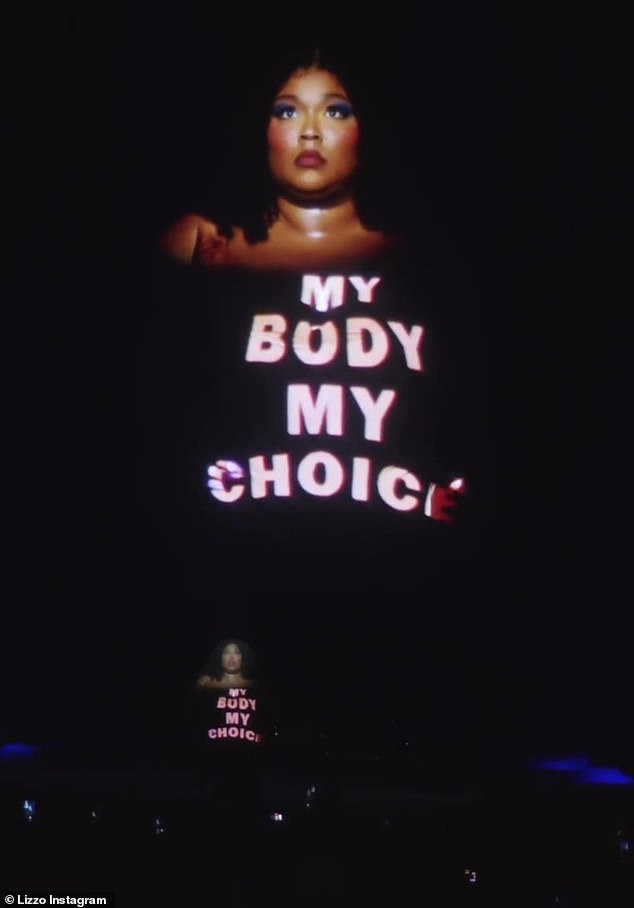Lizzo, the talented 34-year-old musician, recently spoke to Vanity Fair about her music and made it clear that she doesn’t create music for a “white audience.” Instead, she uses her music to express her black experience. Lizzo’s songs are a captivating mix of different genres like hip hop, gospel, and R&B. She has gained massive popularity with hits like “Good as Hell” and “About Damn Time,” which have soared to the top of the pop charts.

However, Lizzo has some reservations about the overwhelming popularity of her songs among white audiences. She finds it troubling that songs she designed to resonate with a black audience are mainly enjoyed by white listeners. “This is probably the biggest criticism I’ve received, and it is such a critical conversation when it comes to black artists,” she explains. When black people see a predominantly white audience, they may feel that the music is not meant for them. Lizzo acknowledges that as a black artist becomes more popular, the audience naturally becomes more predominantly white.

Lizzo emphasizes that her music is deeply rooted in her black experience, and she wants to create songs that stand as a testament to that. “I am not making music for white people,” she confidently asserts. “I am a black woman, and I am making music from my black experience.” To Lizzo, music is a form of healing and a way to connect with her own life experiences.
Coming from Detroit, Lizzo understands the power she holds in inspiring young black individuals. She believes in promoting love and self-love through her music. “We need self-love and self-love anthems more than anybody,” Lizzo passionately shares. She wants her music to resonate with people who have felt underappreciated, picked on, and made to feel unbeautiful. Her goal is to uplift and empower those who can relate to her personal journey.

Lizzo also addresses the critics who accuse her of being racist. She finds it mind-boggling that people question whether she is making music from a black perspective. As a black artist, Lizzo believes it is impossible not to reflect her black experience through her music.

On a different note, there were comments made by Kanye West regarding Lizzo’s weight on Fox News with Tucker Carlson. West expressed concern about the media promoting being overweight as a new ideal when it’s actually unhealthy. He believes it is a form of genocide against the black race. Lizzo responded to these remarks during a concert, expressing her frustration at being targeted for no apparent reason.

In conclusion, Lizzo’s music is a reflection of her black experience and aims to inspire self-love and empowerment. She addresses the misconceptions and critics head-on, affirming her commitment to creating music that authentically represents her identity as a black artist.





